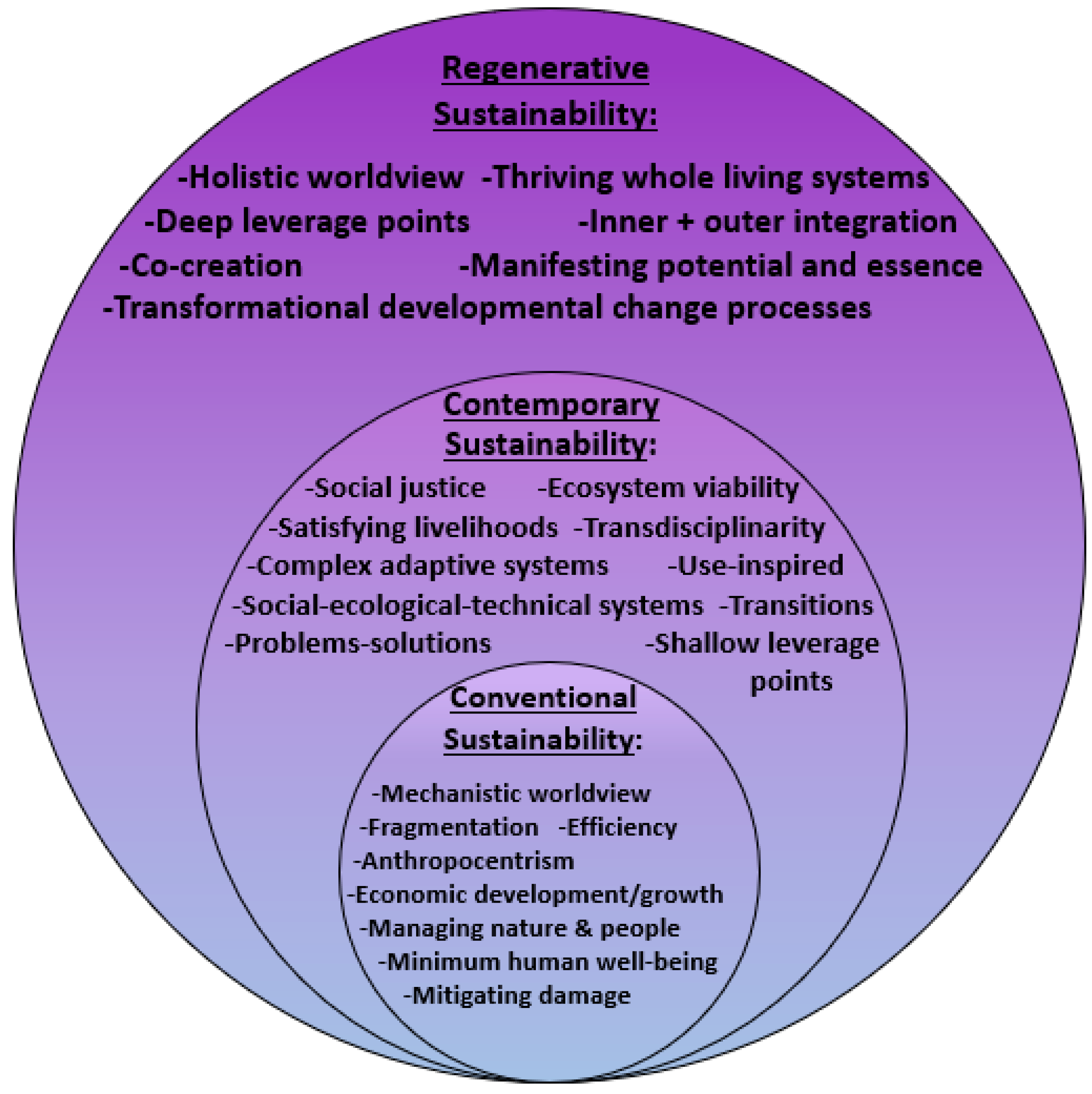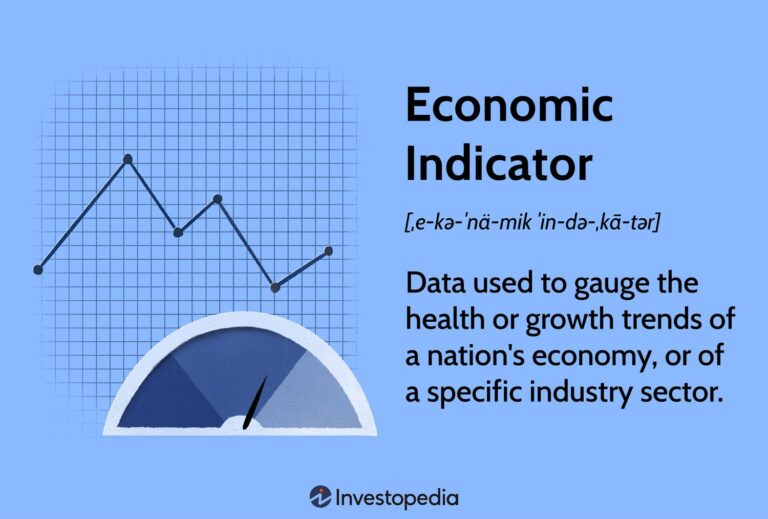What are the Benefits of Economic Empowerment Through Agriculture: Unleashing Prosperity and Sustainable Growth
Economic empowerment through agriculture provides sustainable livelihoods, food security, income generation, and rural development, contributing to poverty reduction and economic growth. Additionally, it fosters community resilience, environmental sustainability, and cultural preservation while promoting gender equality and social inclusion.
Empowering individuals and communities through agricultural activities enhances their self-sufficiency, fosters entrepreneurship, and promotes local market development, ultimately leading to increased food production, improved nutrition, and overall well-being. Furthermore, it creates opportunities for skill enhancement, knowledge transfer, and technological innovation, promoting agricultural sustainability and resilience to climate change.
Economic empowerment through agriculture not only strengthens local economies but also contributes to global food security and sustainable development goals.

Credit: www.linkedin.com
The Importance Of Economic Empowerment In Agriculture
Agriculture is a vital sector of any economy, providing food, raw materials, and employment opportunities. However, it is not enough to simply engage in agricultural activities; economic empowerment plays a crucial role in maximizing the potential benefits of agriculture. Empowering individuals and communities in the agricultural sector has numerous advantages, ranging from ensuring food security to driving economic growth. Let’s explore some of the key benefits below.
Ensuring Food Security
Economic empowerment in agriculture directly contributes to ensuring food security. By empowering farmers and agricultural workers, we can increase agricultural productivity and improve the availability and accessibility of food. With proper training, access to modern technologies, and financial resources, farmers can adopt sustainable farming practices and enhance crop yields. This leads to a more efficient and reliable food production system, reducing the risk of food shortages and ensuring a stable supply of nutritious food for the population.
Creating Job Opportunities
Economic empowerment in agriculture has the potential to create numerous job opportunities, particularly in rural areas where most agricultural activities take place. By investing in agricultural infrastructure, providing training and education, and promoting entrepreneurship in the sector, we can stimulate job growth and alleviate unemployment. These job opportunities not only enhance income levels for individuals and families but also contribute to poverty reduction and overall socio-economic development in rural communities.
Driving Economic Growth
Economic empowerment in agriculture plays a vital role in driving overall economic growth. The agricultural sector serves as a source of income, foreign exchange earnings, and raw materials for other industries. When farmers and agricultural workers are empowered, they become more efficient, productive, and innovative. This leads to increased agricultural output, which in turn stimulates economic growth through increased trade, investment, and market opportunities. Additionally, economic empowerment in agriculture promotes rural development, reduces income disparities, and enhances overall economic resilience.
In conclusion, economic empowerment in agriculture is crucial for maximizing the benefits of the agricultural sector. By ensuring food security, creating job opportunities, and driving economic growth, we can create a sustainable and prosperous agricultural system, benefiting individuals, communities, and the overall economy. It is essential for policymakers, organizations, and stakeholders to prioritize and invest in initiatives that empower individuals and promote economic inclusivity in agriculture.

Credit: www.linkedin.com
Benefits Of Economic Empowerment Through Agriculture
Developing a robust agricultural sector holds the potential to bring about significant economic empowerment, particularly in low- and middle-income countries. By focusing on this sector, individuals and communities can unlock a host of benefits that contribute to sustainable development and improved living standards.
Increased Income And Financial Stability
Empowering individuals through agriculture leads to increased income and financial stability. By engaging in agricultural activities, individuals can generate diversified income streams, providing a buffer against economic uncertainties and promoting financial security .
Improved Livelihoods And Poverty Alleviation
Agricultural empowerment directly impacts livelihoods and poverty alleviation. By fostering agricultural activities, communities can secure a sustainable source of food and income, lifting them out of poverty and enhancing their overall quality of life.
Enhanced Gender Equality And Women’s Empowerment
Through agricultural empowerment, gender equality and women’s empowerment are uplifted. Women often play a central role in agricultural activities, and empowering them in this sector promotes gender equality, access to resources, and decision-making power, leading to inclusive and equitable economic development.
Sustainable And Resilient Agricultural Practices
Embracing economic empowerment through agriculture promotes sustainable and resilient agricultural practices. This includes the utilization of environmentally friendly farming techniques and the implementation of climate-smart strategies, contributing to long-term agricultural viability and environmental preservation.
Government Policies And Support For Economic Empowerment
Government policies and support play a crucial role in the economic empowerment of agriculture. By implementing various strategies and providing necessary resources, governments can facilitate the growth of the agricultural sector, ultimately leading to improved livelihoods and economic prosperity.
Investment In Infrastructure And Technology
The government’s investment in agriculture-related infrastructure and technology can significantly boost productivity and efficiency. By developing and maintaining roads, irrigation systems, and storage facilities, farmers can access markets more easily and reduce post-harvest losses.
Access To Financial Services And Market Information
Government initiatives to enhance access to financial services and market information are vital for empowering farmers. This can be achieved through the establishment of agricultural credit programs, market information systems, and extension services, enabling farmers to make informed decisions and access capital for investment.
Promotion Of Sustainable Agricultural Practices
Government policies promoting sustainable agricultural practices, such as conservation farming and organic production, contribute to environmental preservation and long-term agricultural viability. By incentivizing and supporting these practices, governments can ensure the well-being of both farmers and the environment.
Training And Capacity Building Programs
The implementation of training and capacity building programs by the government equips farmers with essential skills and knowledge to enhance their agricultural practices. These programs cover various aspects, including modern farming techniques, crop diversification, and agribusiness management, empowering farmers to adapt to changing market demands and improve their overall productivity.

Credit: www.mdpi.com
Successful Case Studies Of Economic Empowerment In Agriculture
Economic empowerment through agriculture has proven to be a game-changer for various communities around the world. From empowering smallholder farmers in developing countries to promoting women’s economic empowerment, agriculture has shown immense potential for driving socio-economic growth. Let’s take a closer look at some successful case studies that highlight the benefits of economic empowerment in agriculture.
Empowering Smallholder Farmers In Developing Countries
Smallholder farmers make up a significant portion of the agricultural workforce in many developing countries. Empowering these farmers not only enhances their livelihoods but also contributes to overall economic growth. One such successful case study is the Grameen Bank in Bangladesh. Founded by Nobel Laureate Muhammad Yunus, the bank provides microcredit to smallholder farmers, enabling them to invest in their agricultural activities. This financial support has resulted in increased yields, improved market access, and a reduction in poverty for many smallholder farmers.
Women’s Economic Empowerment In Agriculture: Examples Of Best Practices
Empowering women in agriculture is crucial for achieving gender equality and fostering inclusive economic growth. A shining example of best practices is the Self-Employed Women’s Association (SEWA) in India. SEWA organizes women from the informal sector, including agricultural workers, giving them access to credit, training, and market opportunities. As a result of these initiatives, women in SEWA have gained economic independence, improved their living standards, and enhanced their decision-making abilities within their households and communities.
Community-led Initiatives For Economic Empowerment
Community-led initiatives play a vital role in empowering individuals and fostering sustainable development. One remarkable case study is the Amul cooperative movement in India. Amul is a dairy cooperative that is owned and managed by millions of farmers collectively. By working together, these farmers have been able to negotiate fair prices for their milk, access modern technology, and gain bargaining power in the market. This community-led approach has transformed their lives, elevating them from poverty to prosperity.
Challenges And Solutions For Economic Empowerment In Agriculture
Agriculture plays a vital role in economic empowerment, providing opportunities for individuals and communities to improve their livelihoods and create sustainable development. However, there are several challenges that hinder economic empowerment in the agricultural sector. By addressing these challenges and implementing effective solutions, we can unlock the full potential of agriculture as a tool for economic empowerment.
Access To Land And Property Rights
Access to land and property rights is a critical challenge for economic empowerment in agriculture. Many small-scale farmers, particularly women, face barriers in accessing and owning land, which limits their ability to invest, expand their operations, and benefit from the fruits of their labor. To overcome this challenge, it is crucial to implement policies and legal frameworks that protect and promote land and property rights, especially for marginalized groups. Secure land tenure rights can provide farmers with the confidence and incentives necessary to make long-term investments in agricultural productivity.
Climate Change And Environmental Sustainability
Climate change poses significant challenges to agriculture, jeopardizing food security, livelihoods, and economic empowerment. Farmers are increasingly facing unpredictable weather patterns, extreme weather events, and changing growing conditions. To address this challenge, it is essential to promote climate-smart agricultural practices that enhance resilience, manage natural resources sustainably, and mitigate greenhouse gas emissions. Investing in research, technology, and capacity building can empower farmers to adapt to climate change and minimize its adverse impacts on their economic well-being.
Structural Barriers And Gender Inequality
Structural barriers and gender inequality continue to impede economic empowerment in agriculture, particularly for women. Limited access to resources, services, and opportunities, along with discriminatory social norms and cultural practices, prevent women from fully participating in and benefiting from agricultural activities. To overcome this challenge, it is crucial to promote gender-responsive policies and programs that address the specific needs and constraints faced by women in agriculture. Empowering women through training, access to finance, and leadership opportunities can help dismantle these barriers and foster inclusive and equitable agricultural systems.
Inclusive Value Chains And Market Access
Access to markets and inclusive value chains is another crucial aspect of economic empowerment in agriculture. Limited market access and participation restrict farmers’ ability to earn fair prices, access inputs and services, and expand their businesses. To address this challenge, it is essential to improve infrastructure, establish robust market linkages, and foster partnerships between farmers, traders, processors, and consumers. Providing farmers with market information, supporting value-addition activities, and enhancing their negotiation and marketing skills can enhance their economic empowerment by enabling them to navigate the complexities of the agricultural market.
Conclusion
Agricultural empowerment offers numerous benefits to individuals, communities, and economies. By engaging in agriculture, individuals gain access to economic resources, opportunities, and skills development. This leads to increased productivity and income generation, ultimately improving livelihoods. Additionally, agriculture serves as a vital source of revenue and foreign exchange through trading and taxation.
Moreover, it provides raw materials for food and other products, sustains jobs, and supports the overall growth of strong economies. With these advantages, economic empowerment through agriculture proves to be a powerful catalyst for progress and prosperity.




